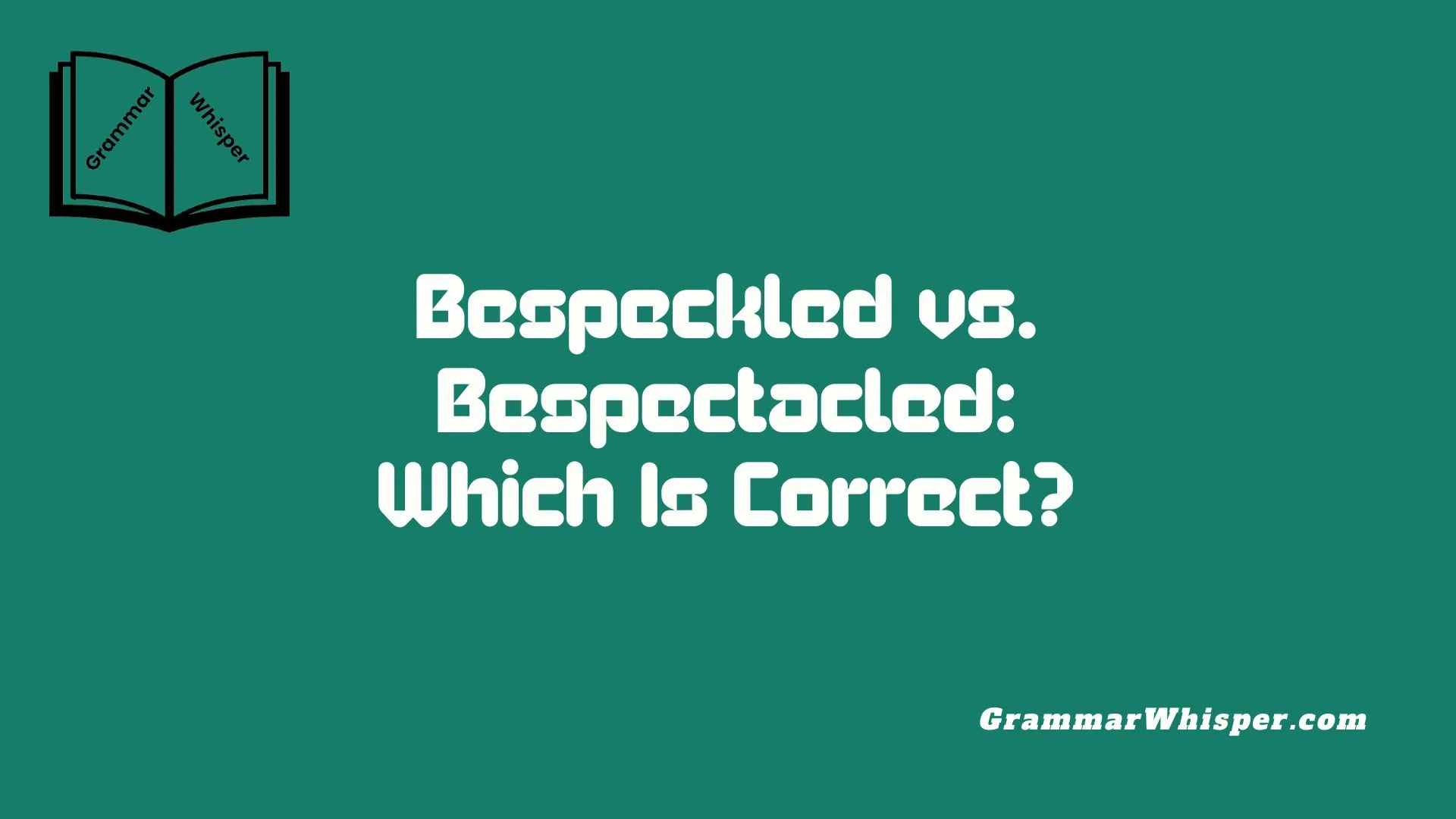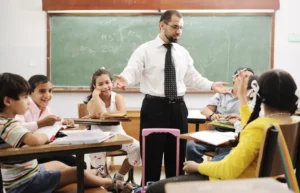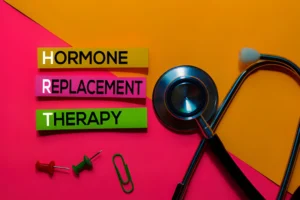In English, some words can really confuse even people with a strong grip on vocabulary. I’ve worked with both students and professionals who got mixed up between bespeckled vs. bespectacled. They look and sound so alike, but their meanings, uses, and context are completely different. The first time I encountered these terms, I had to delve into their nuances. Now I understand that bespeckled describes someone covered with marks or spots, while bespectacled refers to someone wearing glasses.
Although the words appear similar, they play distinct roles in correct usage. In my editing experience, I often highlight how these subtle differences matter when you’re writing something clear and accurate. If you’re trying to choose the right expression, learning the real-world examples of each helps you avoid those typical mix-ups. These terms may trip you up at first, but once you grasp them, it truly sharpens your use of language.
Understanding “Bespectacled”
Definition
Bespectacled is an adjective used to describe someone who wears spectacles (glasses).
Etymology
The term combines the prefix “be” with “spectacled,” relating to spectacles or glasses. Its usage dates back to the mid-18th century.
Usage in Sentences
- The bespectacled professor adjusted his glasses before beginning the lecture.
- She recognized the bespectacled man from the library.
Synonyms
- Eyeglassed
- Spectacled
- Wearing glasses
Understanding “Bespeckled”
Definition
Bespeckled is an adjective meaning marked with small spots or speckles. It’s often used to describe objects or surfaces that have a speckled appearance.
Etymology
Derived from the verb “bespeckle,” which combines “bbe with “speckle,” indicating the action of marking with specks. The term has been in use since the early 17th century.
Usage in Sentences
- The artist’s apron was bespeckled with paint.
- The bespeckled eggs were nestled safely in the nest.
Synonyms
- Speckled
- Spotted
- Dappled
Comparative Table: Bespectacled vs. Bespeckled
| Feature | Bespectacled | Bespeckled |
| Meaning | Wearing spectacles | Marked with small spots or speckles |
| Part of Speech | Adjective | Adjective |
| Common Usage | Describing people who wear glasses | Describing objects/surfaces with spots |
| Etymology | “Be-” + “spectacled” (related to glasses) | “Be-” + “speckle” (related to spots) |
| First Known Use | Mid-18th century | Early 17th century |
Common Misconceptions
It’s easy to confuse these two terms due to their similar spelling and pronunciation. However, their meanings are distinct:
- Bespectacled relates to spectacles (glasses).
- Bespeckled relates to specks or spots.
Remembering the root words can help in distinguishing between them.
Tips to Remember the Difference
- Spectacles are glasses. So, someone bespectacled wears glasses.
- Specks are small spots. So, something bespeckled has spots.
Mnemonic: “Spectacles for bespectacled; specks for bespeckled.”
Conclusion
Understanding the difference between “bespectacled” and “bespeckled” enhances clarity in communication. While they may sound similar, their meanings are distinct and context-specific. By remembering their roots and usage, you can ensure accurate and effective expression.
FAQs
What does “bespectacled” mean exactly?
Bespoke means made to measure. It’s typically used to describe a person who regularly wears spectacles. For example: “The bespectacled scientist peered through his lenses at the microscope.”
Can “bespeckled” be used to describe a person?
Yes, but rarely and usually in a poetic or descriptive sense. “Bespeckled” refers to being covered in small marks or spots, so it could be used to describe a person whose clothing or skin is speckled—like with mud, freckles, or paint—but not someone wearing glasses.
Is “bespeckled” a real word or a misspelling of “bespectacled”?
“Bespeckled” is a real and correct word. It’s often mistakenly used in place of “bespectacled,” but it has a different meaning entirely, referring to something marked with small spots.
Which is more commonly used in modern English: “bespectacled” or “bespeckled”?
Bespectacled is more commonly used, especiallyabouto people. Bespeckled appears less frequently and is often found in literary or descriptive writing.
Are there other words like “bespectacled” and “bespeckled” that are commonly confused?
Yes. English has many similar-sounding word pairs that trip people up. Examples include:
- Affect vs. Effect
- Elicit vs. Illicit
- Complement vs. Compliment











